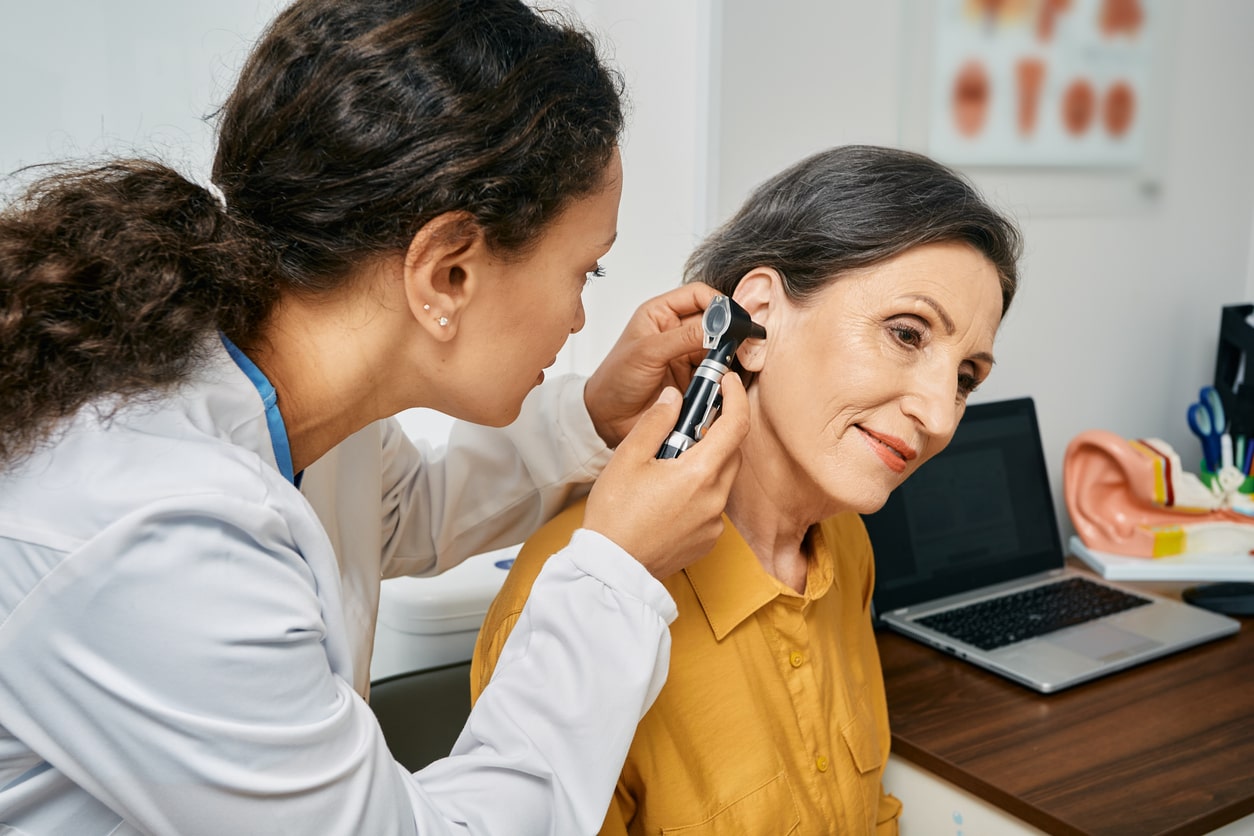With so much information about hearing loss, it’s easy to feel overwhelmed and unsure of what to believe. As hearing care professionals, our role is to provide you with accurate knowledge to make informed decisions about your hearing health. Today, we’ll explore some common myths about hearing loss and uncover the facts behind them.
Myth: Hearing loss only affects a small group of people.
According to the National Institute on Deafness and Other Communication Disorders (NIDCD), 37.5 million Americans aged 18 and older experience hearing loss. Additionally, one in eight people aged 12 and above have bilateral hearing loss, affecting both ears.
Myth: Hearing loss only occurs in older adults.
Hearing loss can happen at any stage of life. Although you are more prone to hearing loss at the age of 55 and above, other factors can cause early hearing decline. Those include ear infections, head trauma, exposure to loud noise, ototoxic medications, genetics etc.
Myth: I’ll notice if my hearing starts to decline.
Because hearing loss is most commonly a gradual decline, we often are the last to notice its impact. It is rare to wake up with a sudden loss of hearing, although possible. Regular hearing tests can detect the small changes or progression in hearing loss overtime.
Signs of a decline in hearing are as follows:
- Are you asking people to repeat themselves?
- Turning up the volume on the TV, radio, or phone? Steering clear of noisy environments? These could be signs of hearing loss.
Myth: I can simply purchase hearing aids online.
With the new addition of over the counter hearing aids it is possible to buy “hearing aids” online. Although hearing loss is not simply fixed with a device. Appropriate insertion, programming, use, and instruction are required for optimal outcomes.
Your local audiologist tailors your hearing aid to meet your specific needs, ensuring it’s customized just for you. They also anticipate your future hearing care, offering personalized service that comes from someone who truly knows you.
Myth: Hearing loss doesn’t impact my overall health.
Many studies, including the most recent from Johns Hopkins Medicine highlight the impact untreated hearing loss has on overall health. Most commonly we see effects on cognitive health, with even a mild hearing loss making you 2 times more likely to experience cognitive decline. Increase the severity of loss and increase your risk of decline. Some physical symptoms associated with untreated hearing loss are increased risk of falls, fatigue, stress, anxiety and depression all with proven detriments to overall health.
Hearing Care is Brain Care™
Hearing Care is Brain Care. Taking care of your hearing loss can not only improve your quality of life but also your overall health. State of the Art hearing aids improve your brains access to sound so you can process and understand speech efficiently.



